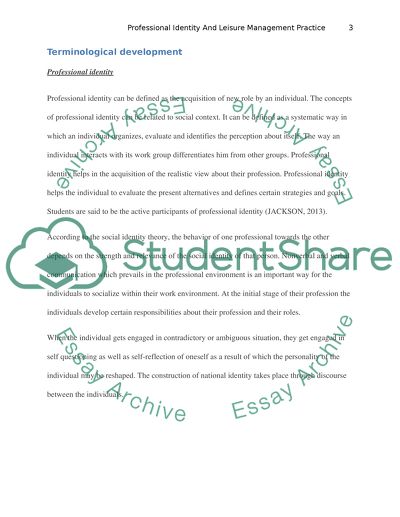Cite this document
(“How is professional identity being conceptualised and related to Essay”, n.d.)
How is professional identity being conceptualised and related to Essay. Retrieved from https://studentshare.org/psychology/1476314-how-is-professional-identity-being-conceptualised
How is professional identity being conceptualised and related to Essay. Retrieved from https://studentshare.org/psychology/1476314-how-is-professional-identity-being-conceptualised
(How Is Professional Identity Being Conceptualised and Related to Essay)
How Is Professional Identity Being Conceptualised and Related to Essay. https://studentshare.org/psychology/1476314-how-is-professional-identity-being-conceptualised.
How Is Professional Identity Being Conceptualised and Related to Essay. https://studentshare.org/psychology/1476314-how-is-professional-identity-being-conceptualised.
“How Is Professional Identity Being Conceptualised and Related to Essay”, n.d. https://studentshare.org/psychology/1476314-how-is-professional-identity-being-conceptualised.


